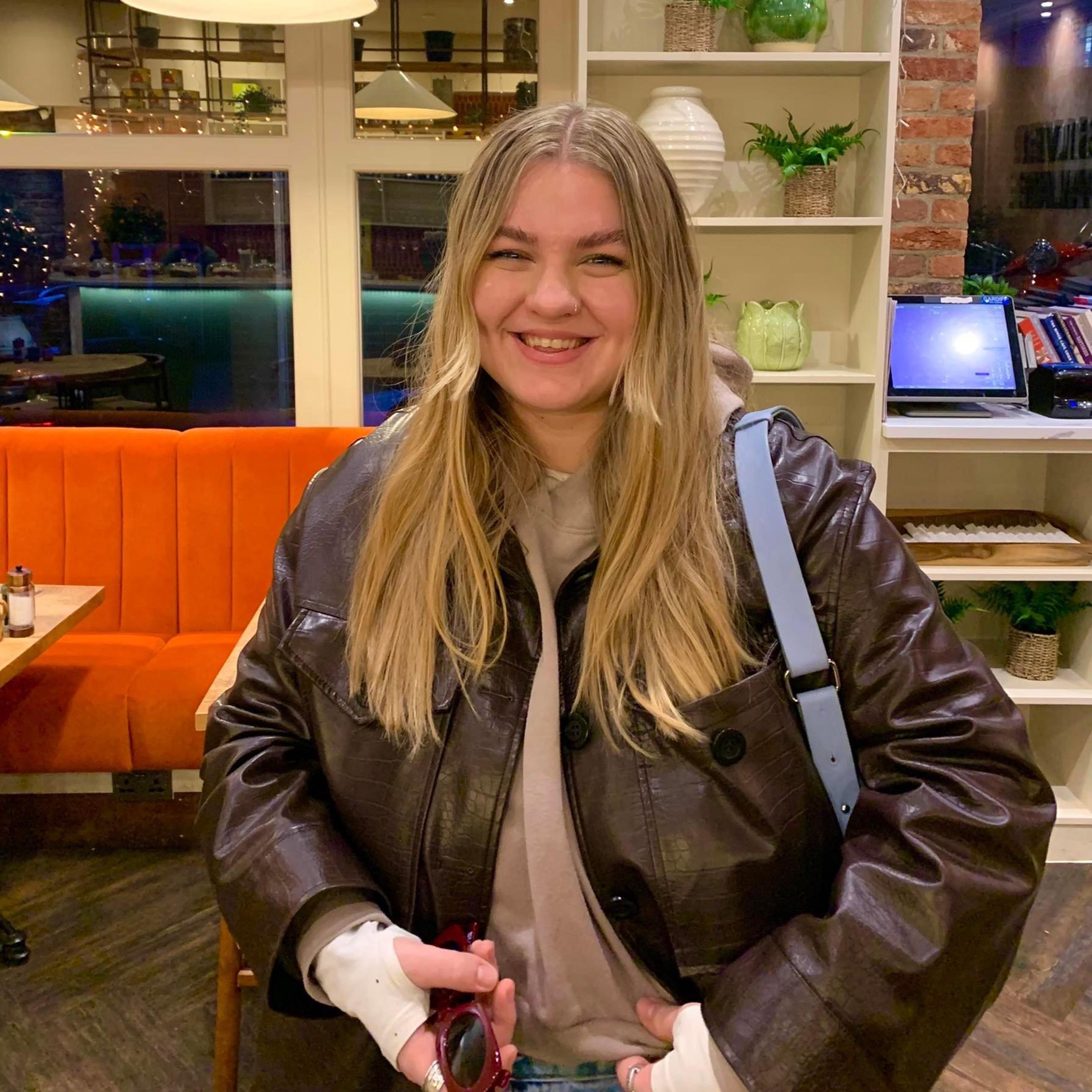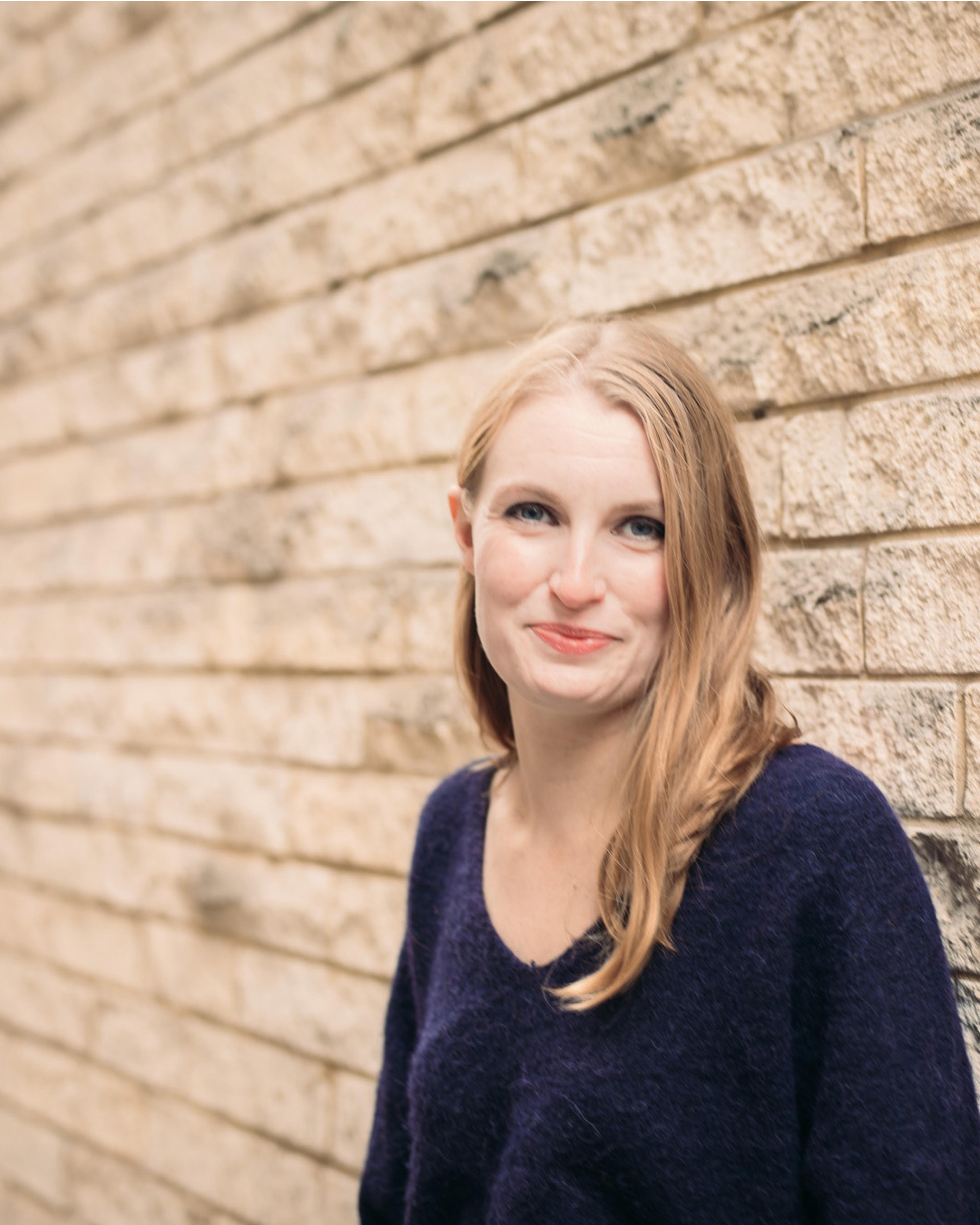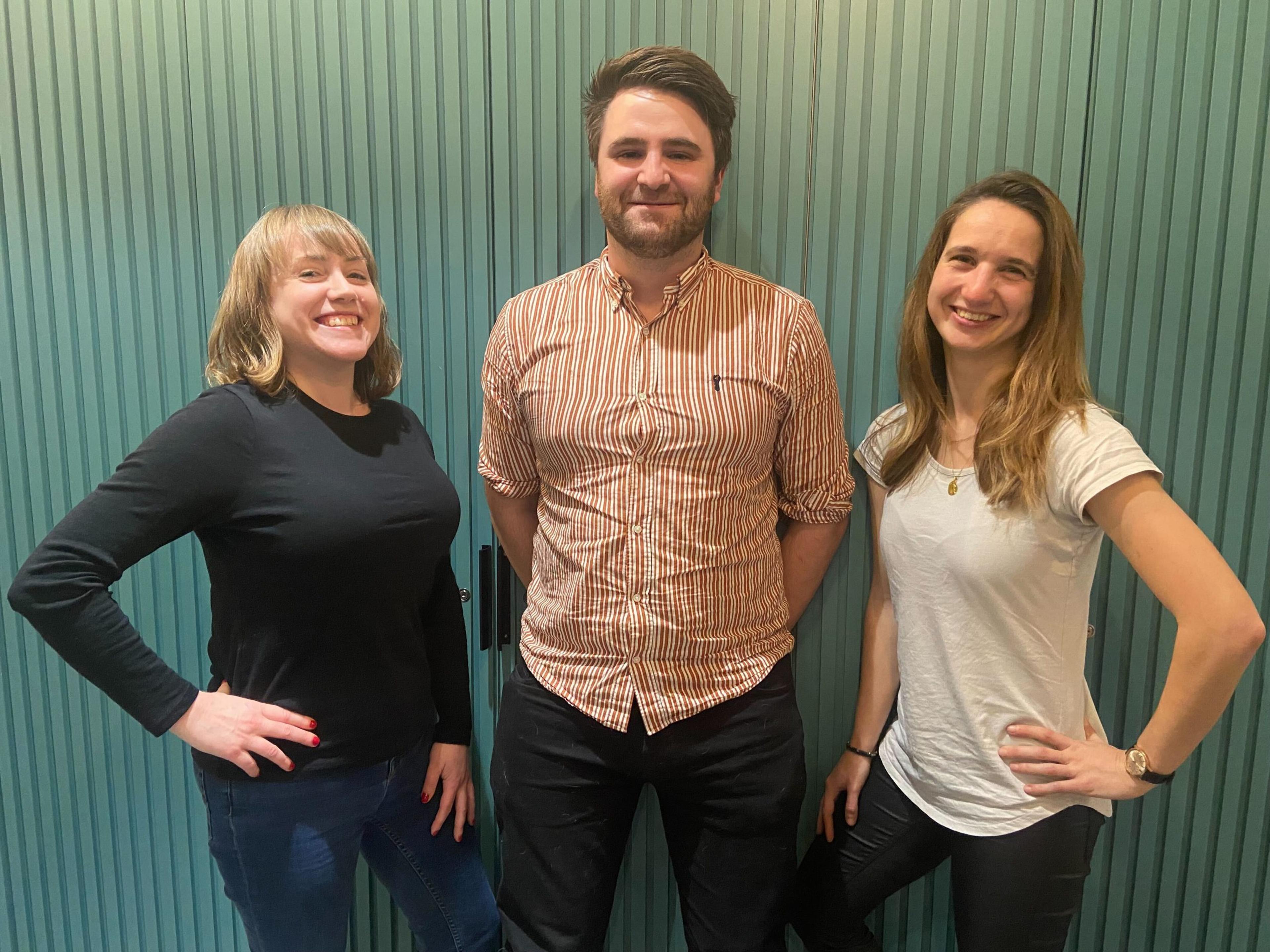Patching things up: how The Good Factory is repairing the apparel industry

Izzy Payne
06.01.2023

Everything these days need to be fast. Faster messaging, faster internet, faster food and even faster fashion. Fast fashion has dominated headlines recently, with expose’s detailing the harrowing fast fashion factory conditions fuelling your daily doom scroll. As well as being incredibly destructive to its factory workers, the industry is especially good at polluting our planet. is thought to be the third most polluting industry after energy and food production. Samantha Taylor, the founder of The Good Factory, believes that the secret to positive change starts on the production line.
What is The Good Factory?
The Good Factory is a company that specialises in the sourcing, development, production management and strategy around sustainable apparel.
That sounds highly technical. How did you get started?
I’m a third-generation garment producer. And most of my family are in the business. When I was twelve, I used to bunk off school to go with my aunt to the factories she helped to run. I’ve been in the industry myself for twenty years. I knew how to use Gerber before I became a teenager.
What’s a Gerber?
It’s a software programme that’s used for making clothes. Like, grading patterns and lay plans.
I see. So garment production is your calling?
Well, a calling – but also a coincidence. Just before the pandemic, I was freelancing for a trainer retailer called Runner’s Need which was creating its own unique shoe brand. Whilst I was working for them I ran into issues with their suppliers, as they were consistently providing low-quality products with zero traceability and a ridiculous price point. It’s this experience that inspired me to start The Good Factory.
Wow. That sounds like a bad experience with your supplier.
It really was, but it prompted me to realise that I had enough contacts of my own to create this range because of my background. I got in touch with my suppliers and sourced the fabrics myself. I presented everything to the team at Runner’s Need, and they gave me the contract. And then four days later we went into lockdown.
So that project was canned?
It was, but it demonstrated that nobody out there was able to give brands this level of knowledge. So this is how the idea of The Good Factory first came about.
What makes The Good Factory unique?
We are the only production consultants who can give clients a selection of fabrics that we can trace from feedstock to finished products. That’s across all tiers. And we assess the chemicals that go into the dying we also help you look at your design to reduce wastage.
And as your name suggests, it’s about doing things better?
Yes, right now the grading for how things are done needs to be re-thought. A good consumption rating for waste is 83%, which means wasting 17% of all your material is a high benchmark. That proportion means hundreds of thousands of tonnes of material that have to be disposed of.
Can’t it be recycled?
In theory – sure. But repurposing wastage isn’t as easy as it sounds. As well as being time-consuming because of its complexity, recycling is a pricey process. It’s more sustainable to improve the way we source our materials than attempt to recycle. We need to be smarter.
What’s next for The Good Factory?
With the help of our team of experts, we’re reinventing development, sourcing, and material technologies to help brands produce better things. Good for the products, good for the planet.
How so?
Working with a German company called Circulate, we’ve created a yarn called PA101 in an effort to encourage brands to move away from petroleum-based fabrics. Instead of being made from finite fossil fuels, this fabric is made from castor beans – an inedible bean that is able to grow in volatile climates. This will become more crucial as climate emergencies come to places like Pakistan, China and India where a lot of cotton is grown. As castor beans are inedible, PA1010 doesn’t waste a valuable resource, as well as it being kinder to the environment by avoiding traditional farming practices. We’re working with the EU to create a ten-year plan to help other businesses in the apparel industry eliminate their use of petroleum fabrics.
Do you have a good yarn about a world-changing business idea? We’d love to hear from you. Drop us a note in the DMs to start a conversation.



